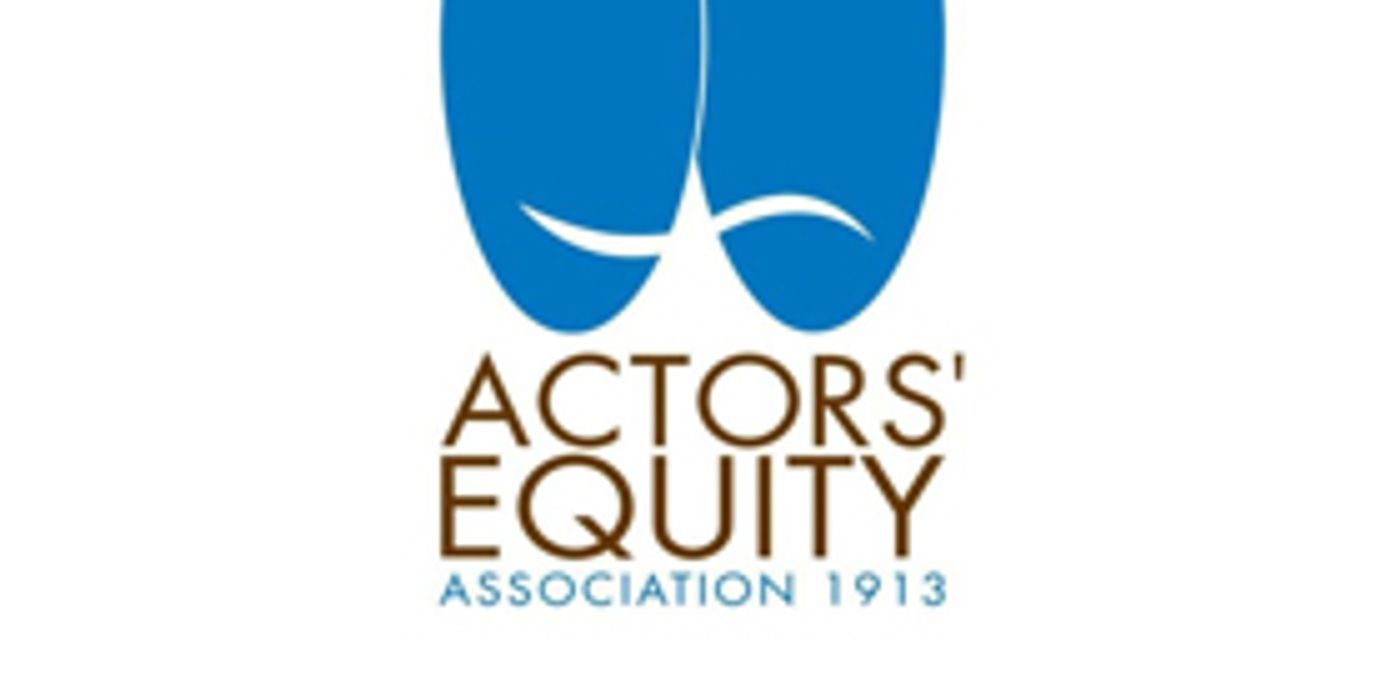Actors' Equity Study Determines Potential Effect of New Tax Bill on the Industry

A new tax bill has been agreed on by congressional Republicans that will eliminate middle-class tax deductions for agent and manager commissions, union dues, training classes, and other business expenses, while protecting the more top-earning talent by leaving loan-out corporations unaffected.
As Hollywood Reporter reports, what this means is that some working actors may see their taxes quadruple, according to an analysis by Actors' Equity. In addition, this will impact writers, directors, and screen and television actors.
"These draconian changes are mean," said Equity secretary-treasurer Sandra Karas. "They slap working people in the face ... performers get the shaft."
"I guess that's the purpose," she added during an interview several days ago. "It will change the math on how long people can stay in the industry."
This new law would take effect beginning January 1, 2018, which means many voters may not notice its effect until tax filing in April 2019.
Karas provided statistics using real 2016 tax returns, which are as follows:
- An actor who earned about $97,000 (about three-quarters from pension and investments) paid $12,434 in taxes, but would have paid $15,579 under the new law, an increase of $3,145 or 25 percent.
- Another actor, who earned over $87,000 paid $9,665 but would have paid $13,294 under the Republican legislation, an increase of $3,629 of 37 percent.
- An actor who earned about $28,000 paid taxes of $513 but would have paid $1,726 if the new law had been in place, an increase of $1,213 or 236 percent. That means his/her taxes more than tripled.
- A married couple, both performers, who earned about $65,000(or about $32,000 each) paid $1,228 in taxes but would have owed $4,535 under the new law, an increase of $3,307 or 269 percent. In other words, their taxes nearly quadrupled.
Read the full article here.
Videos

